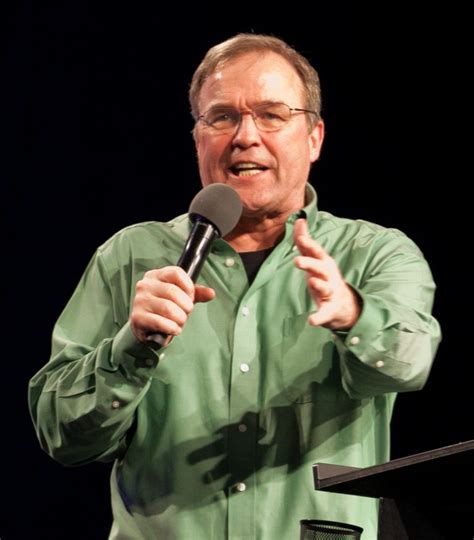A Quote by Seneca the Younger
We are members of one great body. Nature planted in us a mutual love, and fitted us for a social life. We must consider that we were born for the good of the whole.
Related Quotes
I see a world in the future in which we understand that all life is related to us and we treat that life with great humility and respect. I see us as well as social creatures, and when I began to look back and say, ‘what is the fundamental bottom line for us as social creatures?’I couldn’t believe it because it seemed so hippy dippy, but it was Love. Love is the force that makes us fully human.
When I listen to love, I am listening to my true nature. When I express love, I am expressing my true nature. All of us love. All of us do it more and more perfectly. The past has brought us both ashes and diamonds. In the present we find the flowers of what we've planted and the seeds of what we are becoming. I plant the seeds of love in my heart. I plant the seeds of love in the hearts of others.
The whole story of creation, incarnation, and our incorporation into the fellowship of Christ's body tells us that God desires us, as if we were God, as if we were that unconditional response to God's giving that God's self makes in the life of the Trinity. We are created so that we may be caught up in this, so that we may grow into the wholehearted love of God by learning that God loves us as God loves God.
I have totally hitched my wagon to the horse of storytelling, and the idea that none of us know why we're born, or why we're gonna die, or what we're planted here, or what's on the other side of the galaxy, or when time began, or when time end. The whole nature of reality is pretty up for grabs, really.
Let us, then, take our compass; we are something, and we are not everything. The nature of our existence hides from us the knowledge of first beginnings which are born of the nothing; and the littleness of our being conceals from us the sight of the infinite. Our intellect holds the same position in the world of thought as our body occupies in the expanse of nature.
It is a sad weakness in us, after all, that the thought of a person's death consecrates him or her anew to us. It is as if life were not sacred too, as if it were comparatively a small thing to fail in love and reverence to the brother or sister who has to climb the whole toilsome mountain with us. It seems as if all our tears and tenderness were due to the one who is spared that hard journey.
The Sacrament of the Body of the Lord puts the demons to flight, defends us against the incentives to vice and to concupiscence, cleanses the soul from sin, quiets the anger of God, enlightens the understanding to know God, inflames the will and the affections with the love of God, fills the memory with spiritual sweetness, confirms the entire man in good, frees us from eternal death, multiplies the merits of a good life, leads us to our everlasting home, and re-animates the body to eternal life
Ought to have a universal compulsory force to move and arrange each part in the manner best suited to the whole. Just as nature gives each man an absolute power over all his members, the social compact gives the body politic an absolute power over all its members." "We grant that each person alienates, by the social compact, only that portion of his power, his goods, and liberty whose use is of consequence to the community; but we must also grant that only the sovereign is the judge of what is of consequence.
Love is costly. T forgive in love costs us our sense of justice. To serve in love costs us time. To share in love costs us money. Every act of love costs us in some way, just as it cost God to love us. But we are to live a life of love just as Christ loves us and gave Himself for us at great cost to Himself.
Oh Woman, come before us, before our eyes longing for beauty, and tired of the ugliness of civilization, come in simple tunics, letting us see the line and harmony of the body beneath, and dance for us. Dance us the sweetness of life. Give us again the sweetness and the beauty of the true dance, give us again the joy of seeing the simple unconscious pure body of a woman. Like a great call it has come, and women must hear it and answer it.
From whence it is obvious to conclude that, since our Faculties are not fitted to penetrate into the internal Fabrick and real Essences of Bodies; but yet plainly discover to us the Being of a GOD, and the Knowledge of our selves, enough to lead us into a full and clear discovery of our Duty, and great Concernment, it will become us, as rational Creatures, to imploy those Faculties we have about what they are most adapted to, and follow the direction of Nature, where it seems to point us out the way.








































